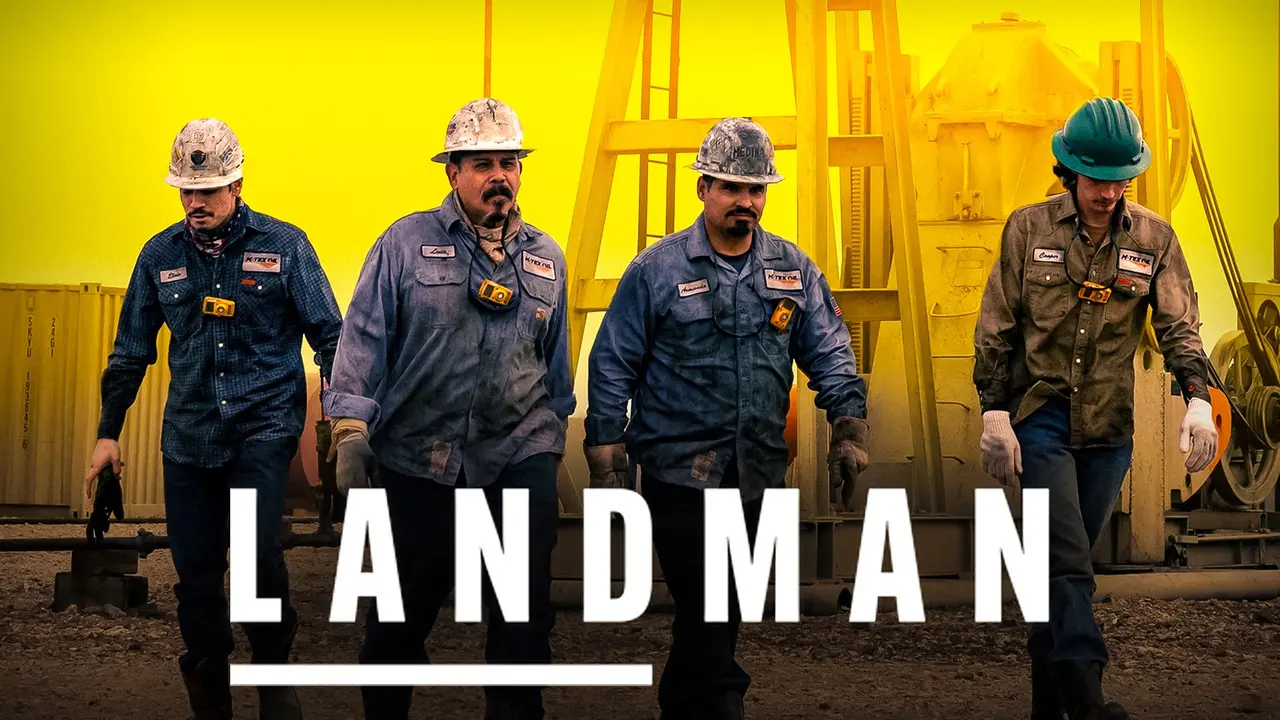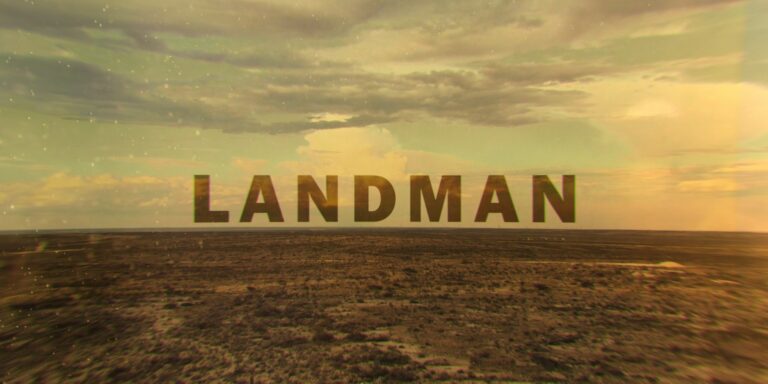Taylor Sheridan’s gritty new oil drama Landman barrels into West Texas with a star-studded cast and high-stakes storytelling. But it’s not just the roughnecks and oil derricks that have fans talking. Among all the dust clouds and diesel fumes, there’s a very different kind of spark flying: accusations that the show leans into racist stereotypes about Latinos.
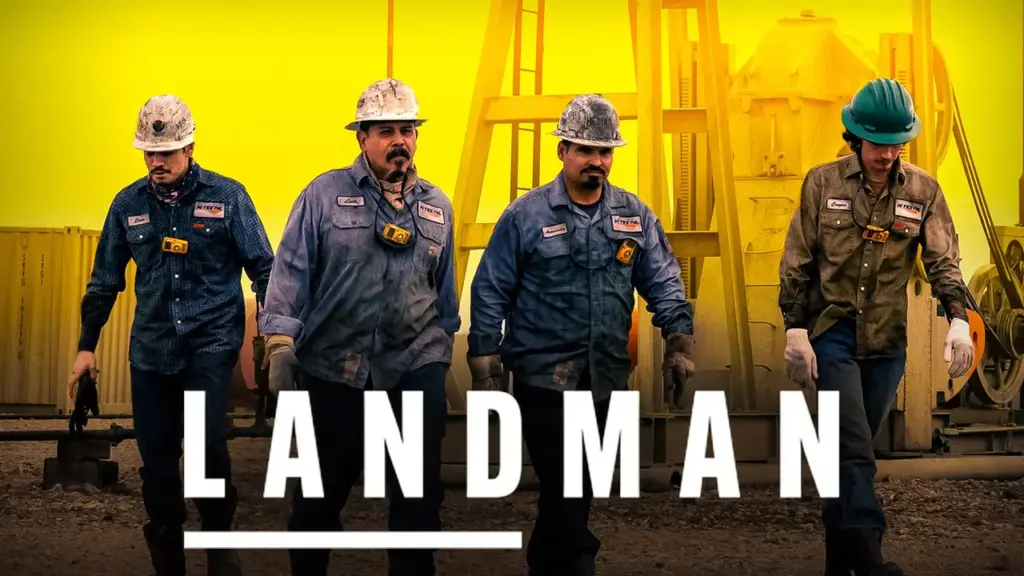
Let’s crack this thing open.
Where It All Starts: Explosions, Airplanes, and the Drug Cartel Angle
In the Landman premiere, an oil tanker explodes after slamming into a drug-laden airplane. It’s loud, it’s dramatic, and it’s also… complicated. The scene immediately connects two worlds: oil and drug trafficking. And guess what? The drugs come from a cartel tied to Latino characters.
Right off the bat, some viewers weren’t happy. The association of Latino characters with drug smuggling felt all too familiar. It’s a trope that’s been used – and overused – in American television for decades. And for a lot of people, it crossed the line.
That sense of frustration boiled over when fans noticed something else. In that very same explosive opener, the show kills off two key Latino characters – Elvio and Armando Medina. Meanwhile, a white baby survives the crash.
Actress and journalist Lisa Guerrero didn’t mince words. She wrote on Threads: “Well, they killed off the Latinos and spared the Nepo white baby at the end of the Landman premiere. This is racist to the Mexican Americans.”
Oof. That tweet hit a nerve, and it wasn’t just her feeling that way.
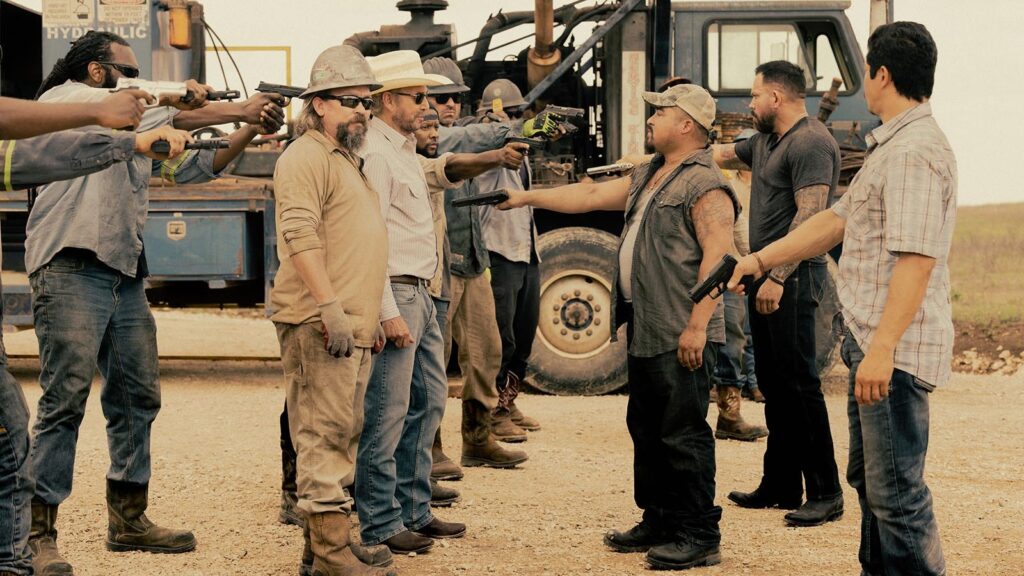
Who Are the Latino Characters Anyway?
Before diving deeper, let’s talk about who’s actually representing the Latino community in Landman. Because yes, they are present, and not just in the background.
- Luis Medina (played by Emilio Rivera) is an old-school, seasoned rig worker. He’s tough, wise, and clearly respected.
- Elvio Medina (Alejandro Akara) is one of the young crew members tragically killed in the pilot. His screen time is short but intense.
- Armando Medina (played by Michael Peña) is a veteran oilman. He mentors rookies and commands respect on the rig.
- Ariana Medina (Paulina Chávez) is Elvio’s widow. Her character becomes the emotional center of the aftermath. She’s young, heartbroken, and trying to rebuild.
So yes, Landman definitely includes Latinos. And their roles aren’t minor or decorative – they’re integral to the story. But here’s where it gets thorny.
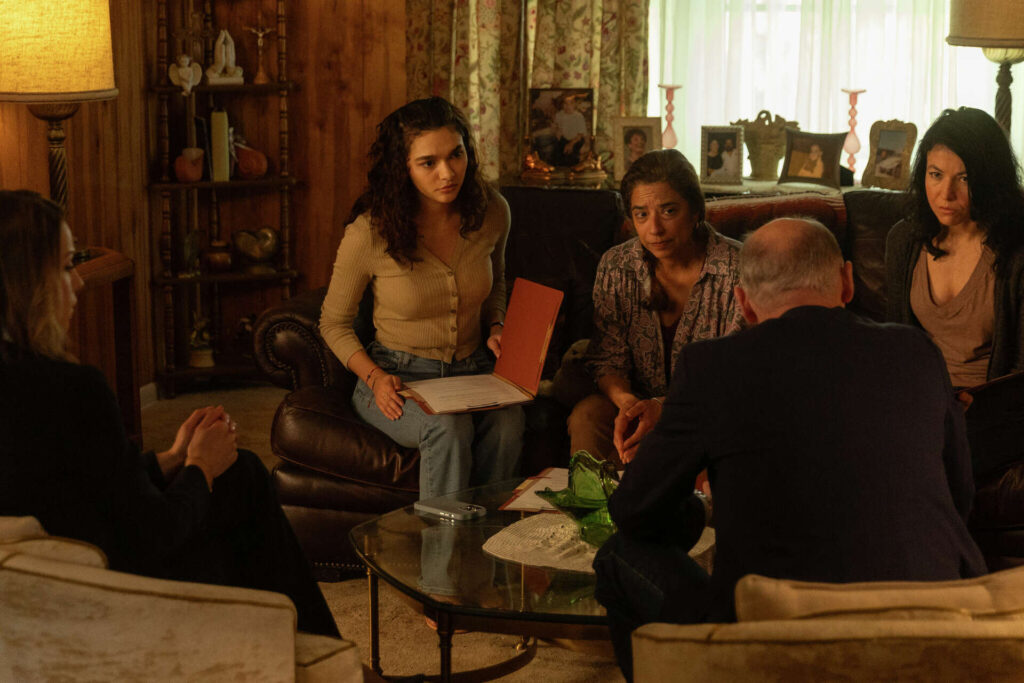
The Problem Isn’t Presence. It’s Portrayal.
Including Latino characters isn’t enough if they’re written in a way that recycles old stereotypes. And unfortunately, Landman dips into some familiar territory:
- Linking Latino characters to drug trafficking.
- Framing their stories around tragedy and death.
- Showing them mostly in manual labor roles, with limited backstories.
Now, to be fair, that last point reflects reality to some extent. The oil industry in Texas does include many hardworking Latino families. But representation is about balance, right? Where are the Latino execs, the entrepreneurs, the ones calling the shots?
Also, killing off major Latino characters in the first episode doesn’t exactly build long-term representation.
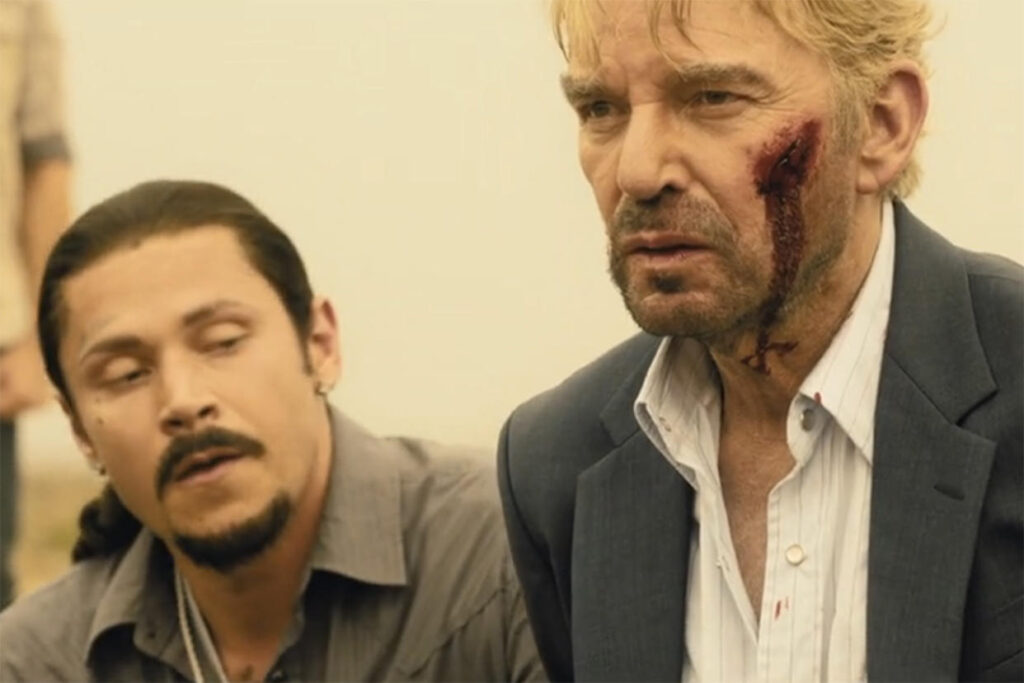
But Wait – There’s Another Side to This
Here’s where things get messy (and interesting). Not everyone agrees that Landman is stereotyping. Paulina Chávez, who plays Ariana Medina, had a different take. She told Town & Country: “It’s beautiful. It’s us. It’s a step forward into telling more of our stories.”
That matters. She’s proud to be part of the cast, and she sees value in the visibility. Ariana’s story isn’t about crime or violence – it’s about grief, resilience, and finding a path forward. That’s not a stereotype. That’s human.
And honestly? Michael Peña brings nuance and charisma to his role. Emilio Rivera plays Luis Medina with subtlety and gravity. These aren’t one-note characters.
Still, the criticism isn’t just about individuals. It’s about context. And history.

A Bigger Picture: Latino Stereotypes in U.S. Television
It’s impossible to talk about Landman without talking about the long-running problem in Hollywood. For decades, Latino characters have been boxed into roles like:
- Drug lords or gang members
- Maids or janitors
- Comic relief sidekicks
Sound familiar?
Media researchers have warned us for years. When TV leans too hard on these tropes, it shapes how viewers see entire communities. It builds unconscious bias. It subtly sends the message: “This is who they are.”
And that’s dangerous.
According to the Canadian government’s public health research, negative media portrayals of racial groups can worsen discrimination and even affect mental health outcomes. In other words: this stuff isn’t just TV. It matters.
So even if Landman didn’t intend harm, the ripple effects are real.
Is the Backlash Fair?
Alright, time to tackle the big question: are viewers right to be mad?
Short answer: yes – but there’s more to the story.
The premiere episode makes some clumsy choices. Linking Latinos to a drug plane, killing off two of them fast, and saving the white child? That’s a bad look. It feeds into a stereotype soup that Latino viewers are frankly tired of swallowing.
But later episodes dig deeper. Ariana’s arc, for example, shows grief and strength without falling into cliches. Luis and Armando aren’t caricatures; they’re real guys doing dangerous work with grit and pride.
So while the pilot might deserve the flak, the show could still redeem itself by expanding these characters in thoughtful ways. There’s room to grow.
What Comes Next?
Hollywood can do better. Landman can too. If it continues to lean on tropes, it’ll lose a huge part of its audience. But if it chooses to spotlight Latino characters with complexity and dignity, it might just flip the narrative.
It’s 2025. Viewers are smarter. Louder. And they’re not here for lazy writing.
Here’s hoping Landman listens.

